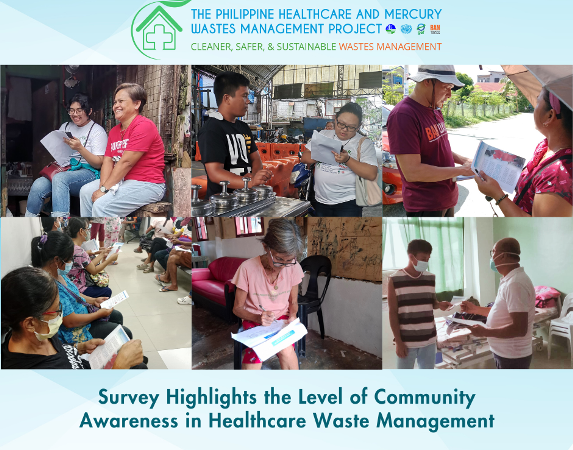Compassionate city: studies undergo immersion on city’s mental health program

Student interns of the Mental Health and Wellness Unit of the Baguio City Health Services Office undergo hands-on training on the city’s mental health programs including actual interactions with vagrant patients.
Mental Health Coordinator Ricky Ducas Jr. said the bulk of the on-the-job training tasks of these students involve field work that had them conduct profiling and administering basic care to vagrants with psychosis with supervision from their office.
Ducas said this is in keeping with the city government’s thrust to foster service with compassion.
The CHSO now under Acting City Health Officer Dr. Celia Flor Brillantes started this community immersion program last year when they began accommodating student interns taking up nursing and psychology courses.
Around 300 psychology and nursing students from St. Louis University, University of the Cordilleras and Pines City Colleges undergo immersion at the office each year.
Ducas said that to make their exposure to the community relevant and worthwhile, students were taught to relate with the patients, do profiling for recording and monitoring purposes and provide basic services to them.
“They provide psychosocial support like they talk to them to give them a sense of interpersonal relationship,” Ducas said.
“They take their vital signs and maintain their personal hygiene like give them a bath with the help of the pay comfort room owners who waive their fees, give them a change of clothing, trim their nails and the like.”
Ducas said this is so that students learn about compassion and empathy early on so they can imbibe these virtues in their future professions and treat their future patients with genuine care.
Their records showed there were 22 psychotic vagrants being served in the city. Six of them had been reintegrated to their families through the joint efforts of the CHSO, the City Social Welfare and Development Office, Baguio General Hospital and other public and private offices and groups.
Their profiling includes assessments of the patients’ health conditions and family background and it was found out that that most of these vagrants have no more support groups capable of caring for them so that despite the offices’ efforts to rescue and reunite them with their families, they still go back to the streets.
“It’s either that their siblings are too old or sickly. They may have younger relatives but they have their own families and have problems of their own. Most of them are also economically deprived. There are those who may be capable of caring for them but are wary because of the stigma that a person with such illness can be dangerous,” Ducas said.
Nevertheless, efforts to provide them basic assistance and find ways to reunite them with their families and communities are continuing, Ducas assured. – Aileen P. Refuerzo







